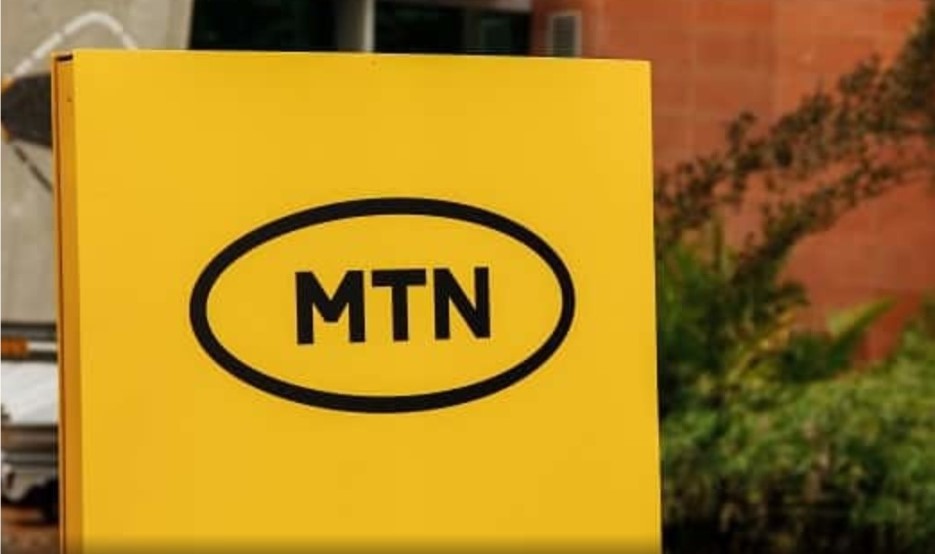…says processes in place to address tariff changes
Mobile telecommunications giant, MTN Nigeria, continued to feel the negative effects of the naira float implemented by the Federal Government of Nigeria in 2023, as its loss after tax rose to N519.06 billion in the first six months of 2024, as against a loss after tax of N85.59 billion as of June 2023. The primary source of the huge losses recorded by the mobile telecommunications giant was the N887.68 billion net foreign exchange loss it recorded from January to June 2024, compared to a net foreign exchange loss of N454.67 billion in the comparable period of last year.
MTN Nigeria had a good first half of 2024, as revenue increased across most income generating segments such as voice and data, among others. Revenue from voice rose to N541.28 billion as of June 2024 up from N474.10 billion in the corresponding period of 2023.
Data revenue was up, increasing to N726.57 billion in H1 2024 compared to N469.65 billion in H1 2023. Revenue from SMS rose to N71.09 billion in the first half of this year as against N50.66 billion in the corresponding period of 2023. Interconnect and roaming revenue was N101.67 billion during the period, higher than N91.48 billion realised in H1 2023.
Digital revenue was N30.98 billion, representing an increase of 78 percent over N17.41 billion realised in H1 2023. Value added services generated N47.54 billion as revenue during the first six months of 2024 compared with N41.33 billion in the corresponding period of 2023, representing an increase of 15 percent.
In all, MTN Nigeria generated N1.53 trillion as revenue within the first six months of this year, an increase of 32.8 percent over N1.16 trillion in the corresponding period of 2023.
“We continue to navigate the challenging operating environment, which is characterised by rising inflation and the continued depreciation of the naira. There was a significant depreciation of the naira, leading to a 66% movement in the exchange rate from N907/US$ in December 2023 to N1505/US$ in June 2024, worsening the forex losses and putting pressure on our capital position. Energy costs have surged due to subsidy removal, impacting our cost of doing business. Inflation has remained at an elevated level and rose to 34.2% in June, representing an average of 32.8% in H1,” Karl Toriola, CEO MTN Nigeria, said.
“Our performance in the first half of 2024 reflects the impacts of further depreciation of the naira, rising energy prices and inflation, as well as tighter monetary policy to contain inflation, as Karl mentioned earlier. Notwithstanding, our solid commercial momentum in connectivity business and platforms enabled us to deliver strong service revenue growth of 32.6%, with an acceleration in Q2 to 33%,” Modupe Kadri, CFO, MTN Nigeria, said.
The combined effect of the other operating expenses of N110.52 billion in H1 2024 (N54.37bn in H1 2023), and depreciation of property and equipment of N130.46 billion (N98.41bn in H1 2023) caused the half year 2024 operating profit to fall to N304.54 billion compared to N421.04 billion in the corresponding period of 2023.
The telecoms firm incurred a finance cost of N183.09 billion at half year 2024 compared with N102.20 billion as of June 2023, and added to the net foreign exchange loss of N887.68 billion during the current period as against N454.67 billion as of June 2023, MTN Nigeria ended the first half of 2023 with a loss after tax of N519.06 billion as against a loss after tax of N85.59 billion as of June 2023.
“We are committed to executing our Ambition 2025 strategy while pursuing initiatives to support margin recovery and strengthening our balance sheets, which is a top priority for us. These include the pursuit of regulated tariff increases, a rigorous focus on efficiency and value-based allocation, continued further reduction of our U.S.$ expenditure, and, of course, the re-negotiation of our contract with our key tower service provider.
“Despite the pressures in Q1 from the NIN requirements for KYC validation, which affected approximately a million active wallets, we saw an acceleration of wallet adoption in Q2. We will build on that momentum to drive wallet and MoMo PSB adoption as well as our merchant ecosystem. And finally, we are monitoring developments in our operating environment to capture opportunities for growth and to strengthen our market position over the medium to long term,” Karl Toriola assured.


